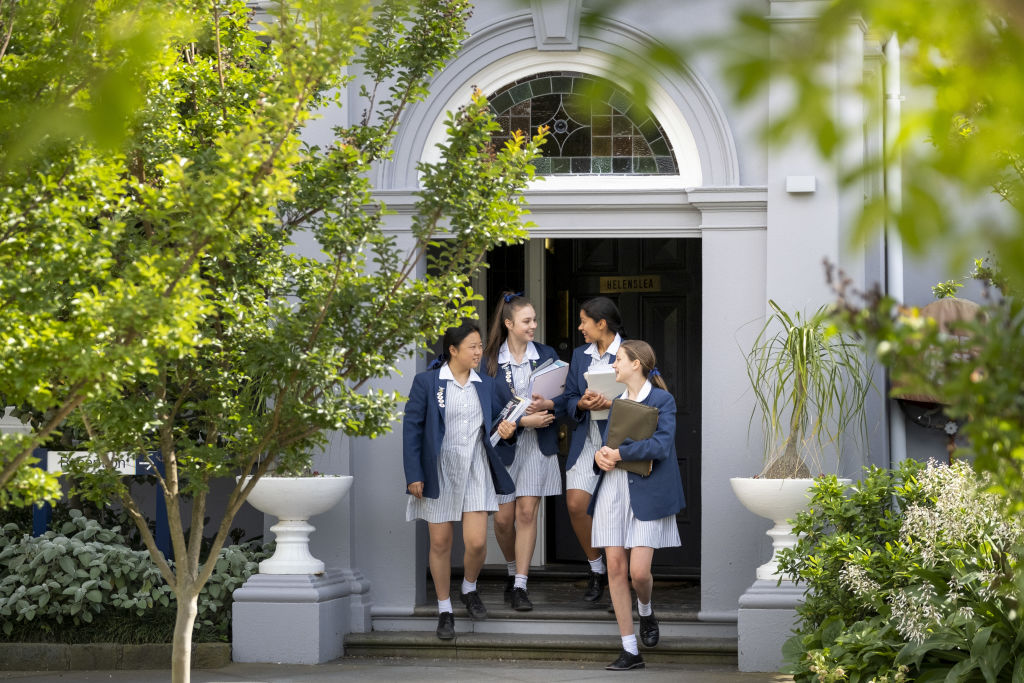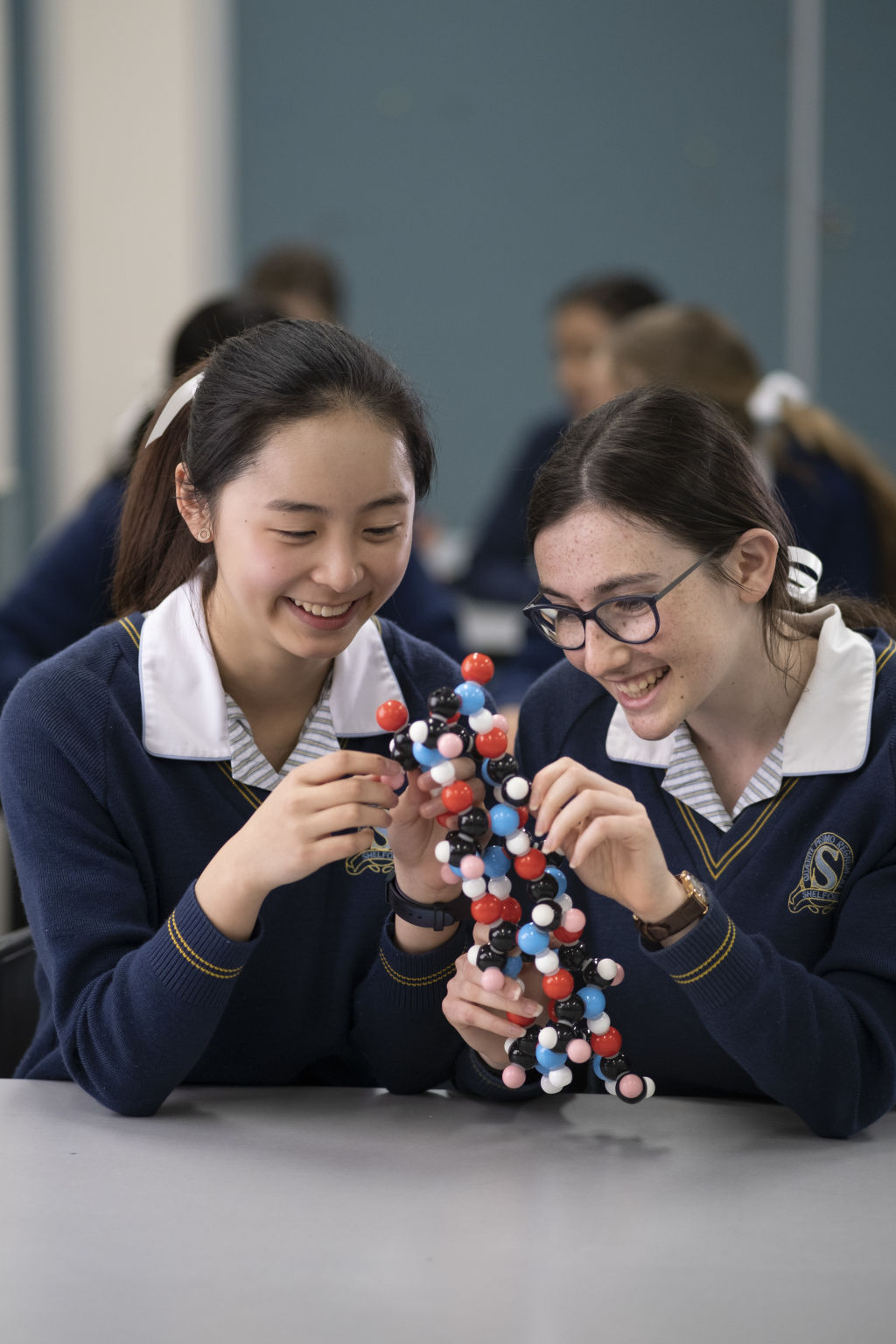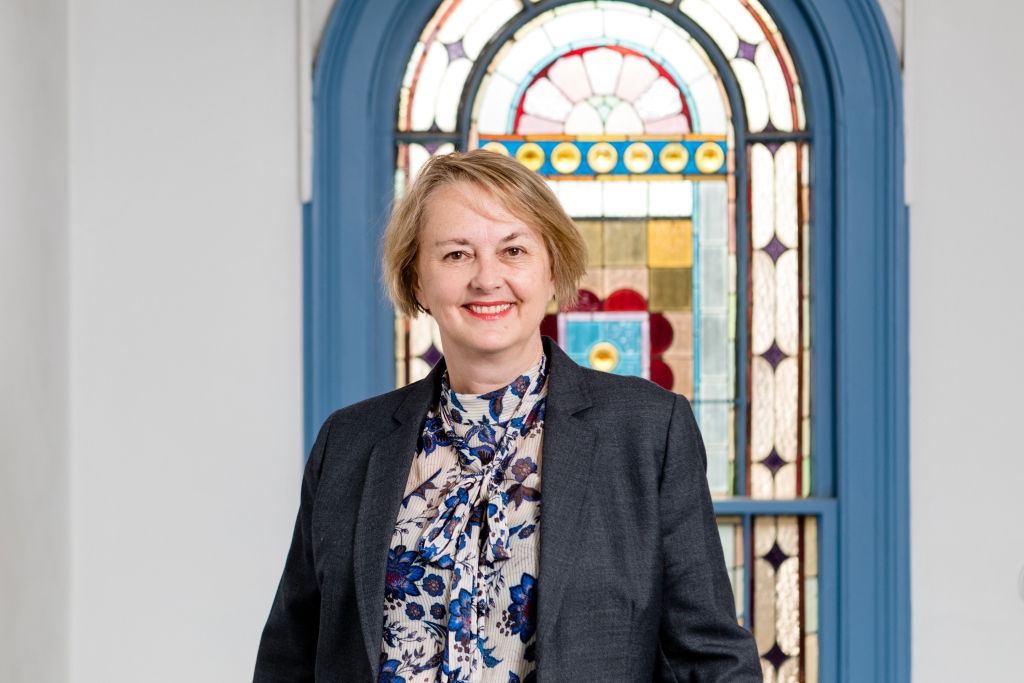Independent Schools Guide 2022: Shelford Girls' Grammar, fostering the mindset to flourish

Shelford proves that good things can come in small packages, and the school prides itself on its small and close-knit community. There are just under 500 students from prep to Year 12, and principal Katrina Brennan says this lends itself to Shelford offering an inclusive program across the school.
“The relationships between teachers and students are strong because we have small class sizes. Teachers know their students as people and as learners. Our students feel safe and secure and so are more likely to be courageous and to give things a go,” she says.
“We recently had our 2021 high achievers’ assembly, and it was wonderful to welcome those girls back, and they said they were already missing our Shelford community.”
While Shelford was founded in the late 19th century, the curriculum and programs that support holistic development today are focused on the 21st century.

“We constantly improve. For example, our data-driven, research-based wellbeing programs evolve all the time and, post-COVID, we are looking at issues like body image, mental health literacy, digital citizenship and positive education principles to manage areas like anxiety, stress and perfectionism,” says Brennan.
“In the classroom, we are always looking at evidence-based practices, and our professional learning focuses on high-impact teaching strategies.” From Prep to Year 8, students explore digital technology or “digitech”. In Year 9, robotics is an elective and Year 10 students can choose to study engineering.
Year 9 students also take part in Shelford’s Challenge Program, in which they take breaks from the traditional classroom setting and learn with purpose in different community settings. The program encourages greater responsibility for independent learning, development of team-working skills, a sense of belonging and increased awareness of diversity within communities. It includes a city experience, a project focused on the environment, a STEM project and a focus on the arts.
“There is rigour to the activities, but it celebrates a different kind of learning. For the environment challenge part of the program, some students looked at sustainability in our school and how we could improve environmental practices. They presented their ideas to the board, and we are now implementing those,” says Brennan.

More recently, Shelford has developed the STAR Program – the Shelford Tertiary Alliance Register. As part of this, the school is developing partnerships with universities and TAFEs, such as Swinburne University and Holmesglen Institute of TAFE.
“We are looking at ways we can work together to provide a depth of experience for our students. Our Year 11 students go to Swinburne for a tertiary experience day, and some of our staff are training with Swinburne in areas like enterprise and innovation,” says Brennan.
“With Holmesglen, we are exploring our Year 10 to 12 students doing short courses there to gain micro-credentials in areas as diverse as first aid, food handling, digital literacy, computers, writing for publication and digital marketing.
“Our academic tradition is important, and we will always value academic skills, but increasingly there is a viewpoint that the ATAR is not the be-all and end-all for tertiary entrance. It’s important that students have a range of skills and that we provide opportunities to develop those. I think professional development is moving towards shorter, sharper acquisition of skills, and we are moving in line with that.”
Shelford is clear on its values, and the calibre of young people it aims to help develop.
“We are building strong, independent and courageous women,” says Brennan.
Key details
3 Hood Crescent, Caulfield
ENQUIRIES
(03) 9524 7333
information@shelford.vic.edu.au
shelford.vic.gov.edu.au
YEARS
Prep to Year 12
DENOMINATION
Anglican
GENDER
Girls
FEES
$11,000 to $32,000
BOARDING
No
SCHOLARSHIPS
Yes
ATAR
(Average for 2021): 90.45
We recommend
We thought you might like
States
Capital Cities
Capital Cities - Rentals
Popular Areas
Allhomes
More
- © 2025, CoStar Group Inc.







